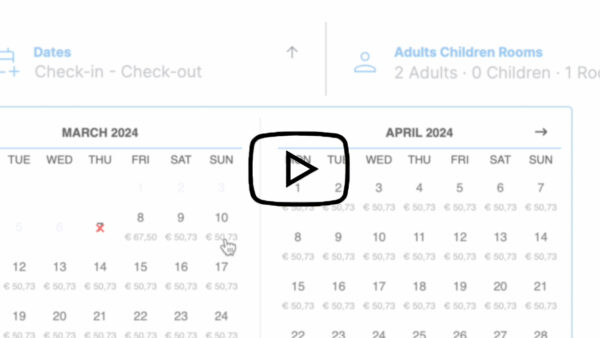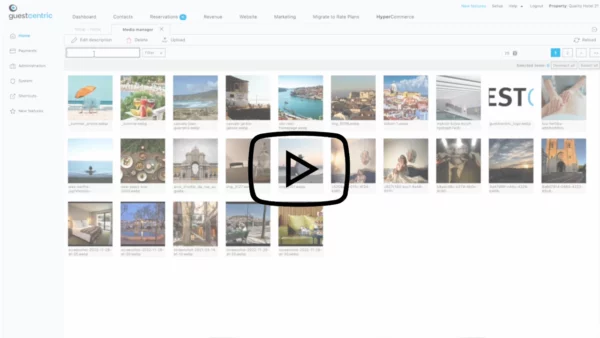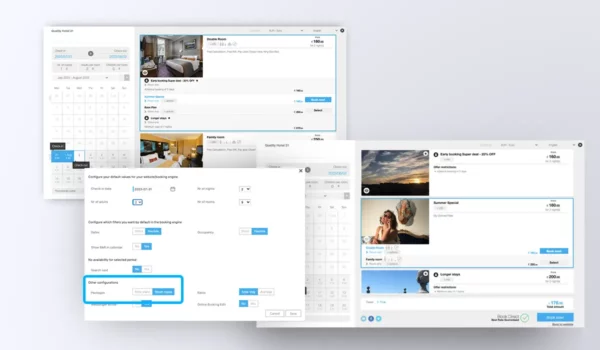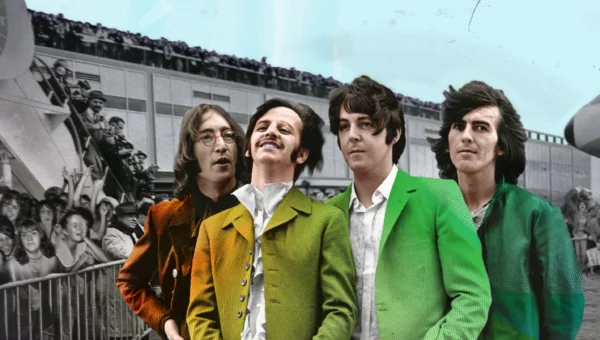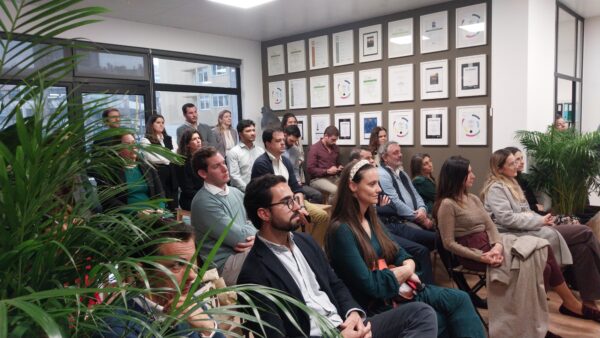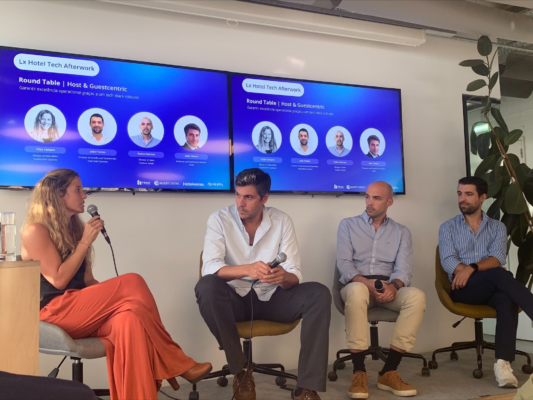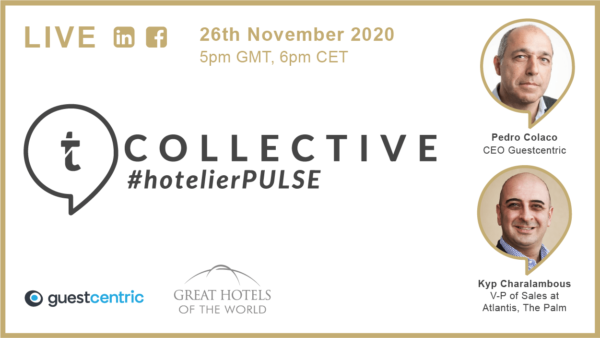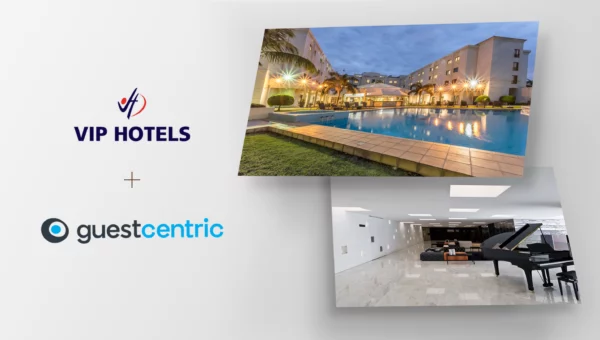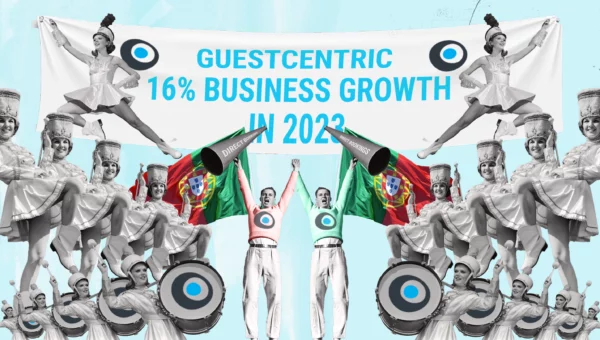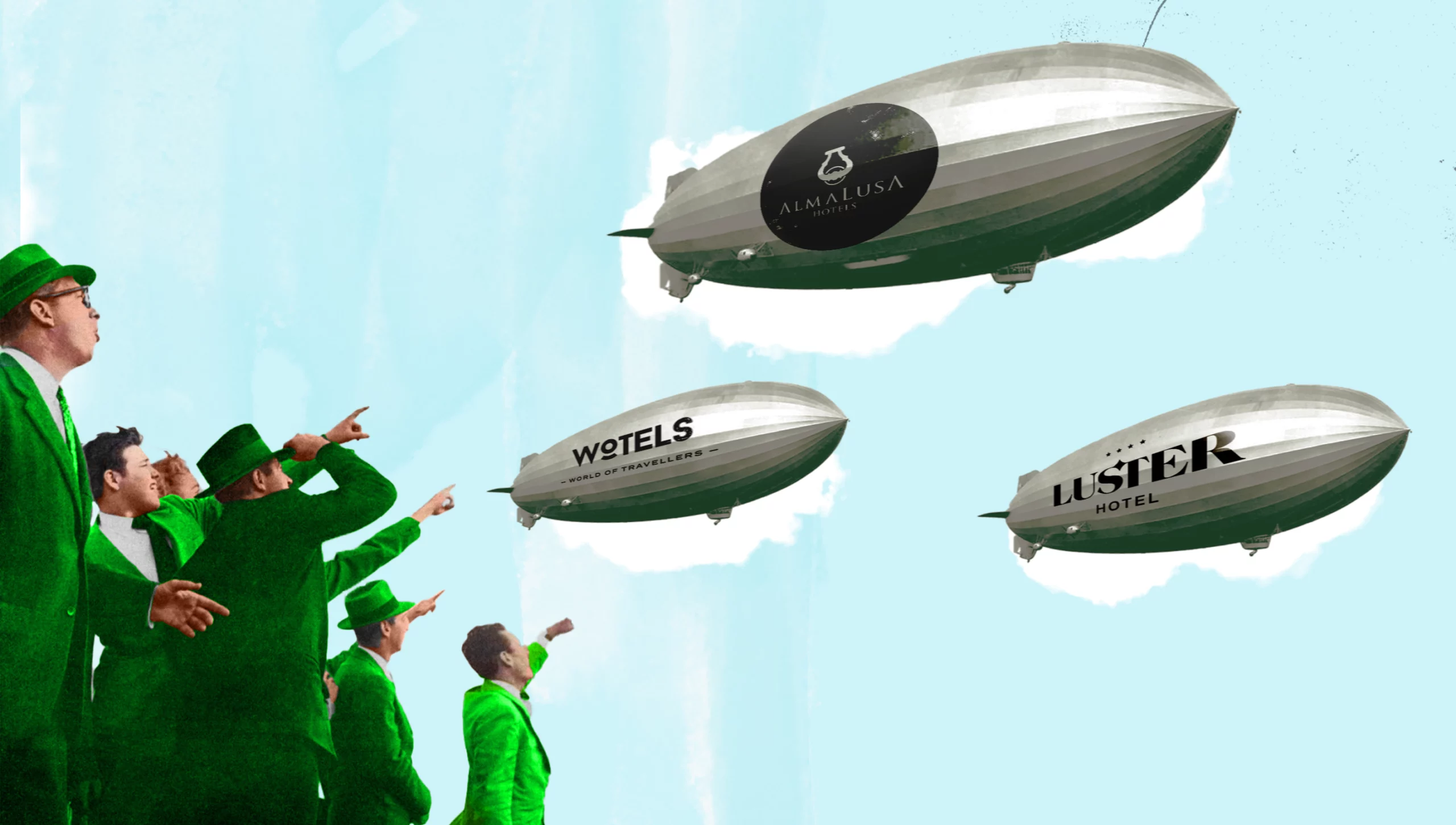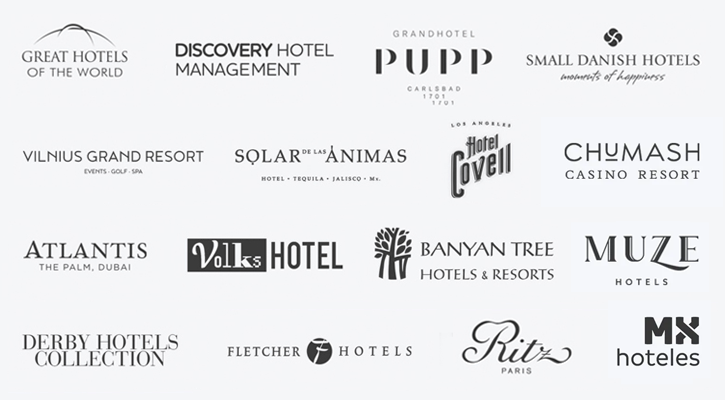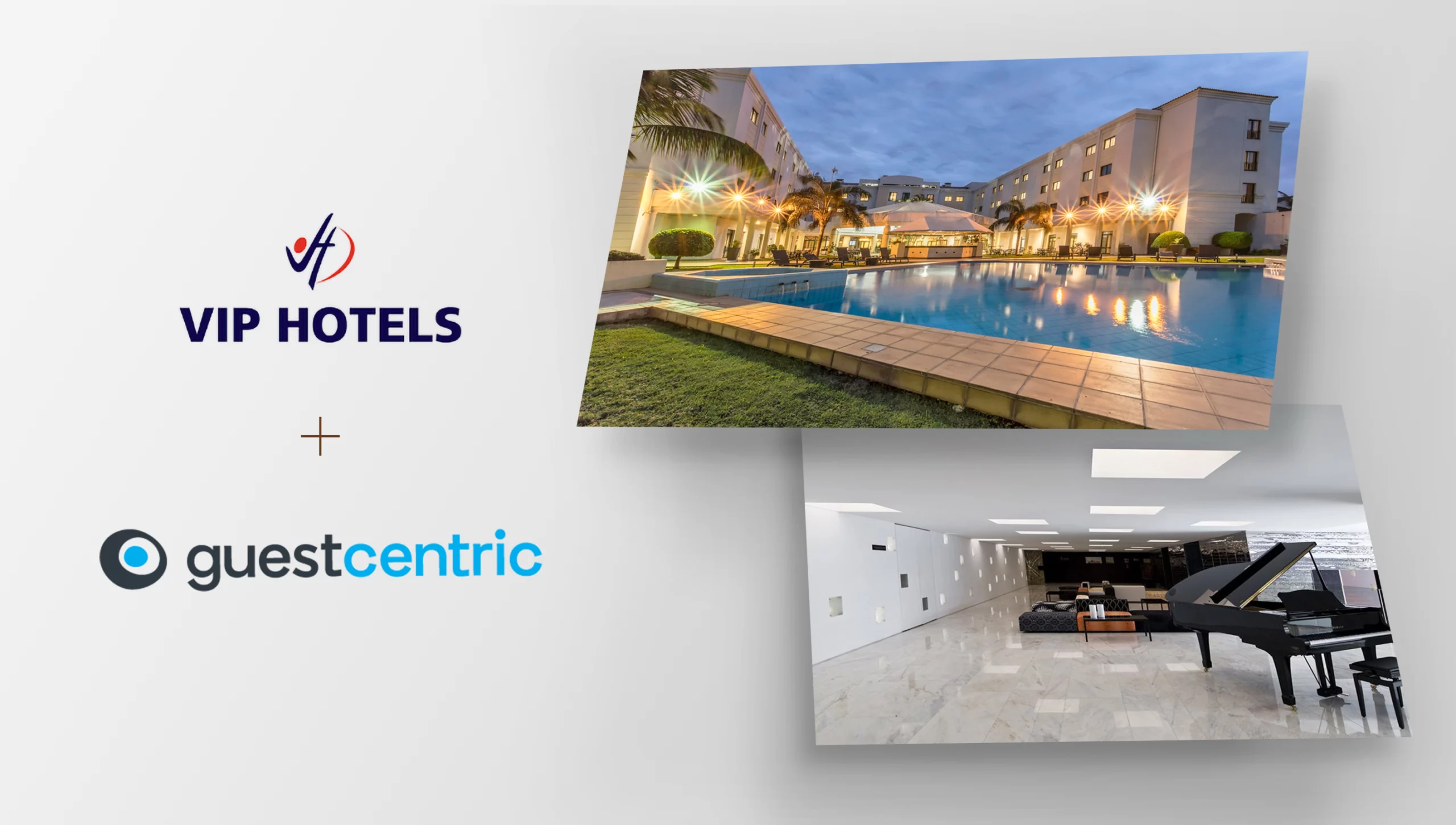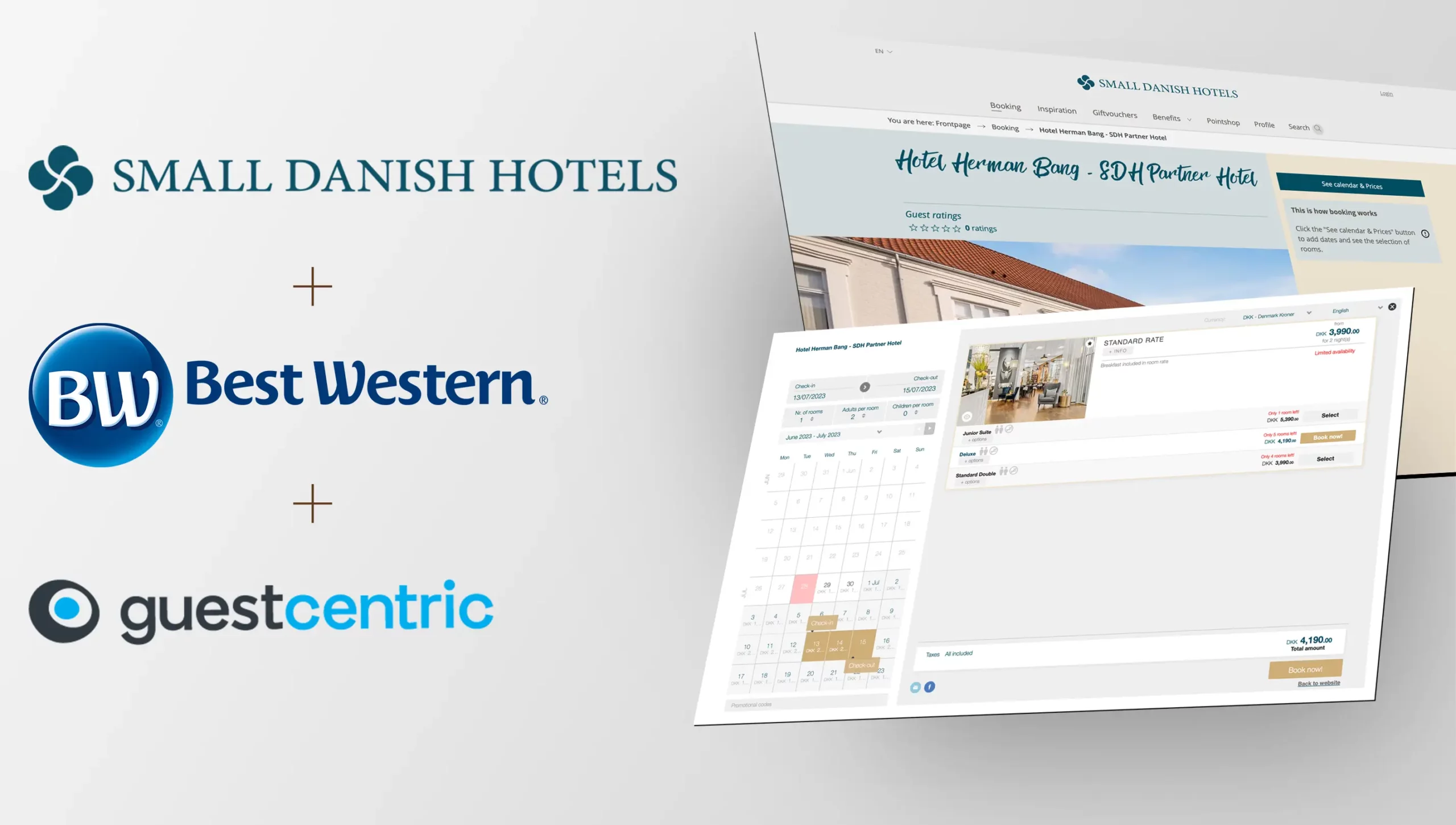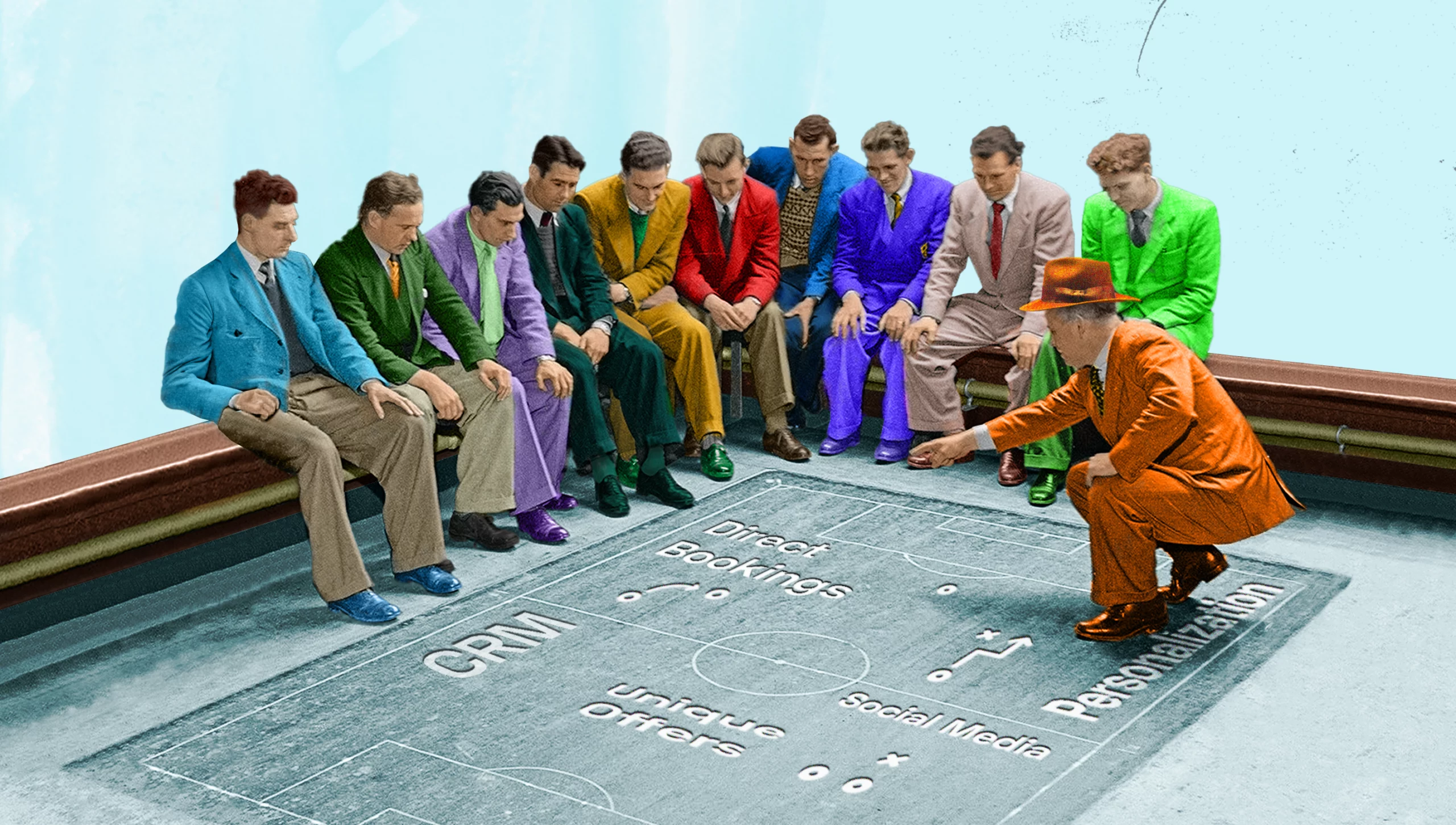5 Hotel Branding Tips to get more Direct Bookings
Reading Time: 7 minutesIn the sprawling landscape of online travel, where every click shapes destinies and determines profits, the mantra is clear: brand or be overlooked. Picture this: a traveler, tired but enthusiastic, sits at a screen, scrolling through options for their next getaway. What makes them stop? What makes them click that coveted “Book Now” button? It’s not just the promise of a soft bed and a picturesque view; it’s the magnetic pull of a well-crafted brand.
Welcome to the digital revolution of hospitality, where the battleground is virtual, and the spoils go to those who understand the nuanced dance of pixels and perception. This article isn’t just about websites; it’s about weaving narratives that whisper promises and designing visuals that imprint memories. It’s about understanding why a brand isn’t just a logo; it’s the soul of your hotel in the vast expanse of the internet.
Read on to get insights from our award-winning clients about the power of hotel branding, how the story of your hotel or group should be communicated to your guests, and how a compelling brand can build trust and ultimately help you grow your direct business.
Establishing a Unique Identity & Building Trust in the Online Travel World
In a world flooded with choices, trust becomes the currency of consumer decisions. A robust hotel brand acts as a trust signal, instilling confidence in potential guests. The Label Insight Food Revolution study reveals that 94% of consumers are more likely to be loyal to a brand that offers complete transparency, a key element in building trust.
When hotels curate a brand story rooted in authenticity, heritage, and unique experiences, they tap into the psyche of travelers, creating an emotional connection that transcends mere transactions. According to Sofia Brandão, Director of Operations at AlmaLusa Hotels – a hotel collection rooted in Portuguese culture that has received multiple website design awards in 2023, independent hotels must craft an authentic and compelling brand story in order to establish a unique identity and attract guests.
She says, “Unlike major hotel chains, independent properties offer unique experiences to guests, but also represent uncertainty. Guests need trust, so it’s important that a hotel’s brand delivers confidence and establishes an emotional connection with guests. Through crafting a compelling brand story rooted in Portuguese heritage, we convince visitors why AlmaLusa is not just another hotel, but a unique cultural experience. Effective branding ensures we attract guests who appreciate our uniqueness, making our job of delivering exceptional experiences easier.”
Nuno Constantino, self-proclaimed ‘Whatever’ at Wotels – a hybrid lodging chain that has also won multiple website design awards this year, agrees. He says, “At Wotels, our focus isn’t just on lodging, it’s about curating interactive experiences. The ‘WOT’ in Wotels signifies ‘World of Travellers,’ which symbolises our vision to deliver a global haven where guests from diverse backgrounds can converge. Catering to a varied demographic, our goal is to provide a social atmosphere and this is the story we communicate to attract guests in search of social travel experiences.”
How a Consistent Brand Experience Impacts Guests and Hotel Business Performance
Consistency is the cornerstone of effective branding. A cohesive brand experience, from the website to social media platforms, significantly impacts consumer behavior. Branding in hotel website design is paramount. It’s the brand book that reveals the brand’s story, guiding designers in creating a cohesive experience. Consistency, akin to the iconic yellow M of McDonald’s, is crucial, because it allows guests to easily identify and resonate with the hotel brand in today’s busy online world.
Research by LucidPress indicates that consistent branding across all platforms increases revenue by up to 23%. A seamless blend of visuals, tone, and values across channels guides potential guests, reinforcing their decision to book directly. This consistency serves as a psychological anchor, assuring guests that what they see is precisely what they will experience, leading to higher conversion rates.
Nuno and Sofia agree that a unified language across websites, social media, and other channels establishes a conscious connection with the audience, driving engagement, giving guests a seamless experience, and ultimately, impacting direct bookings.
Nuno says, “Whether guests discover us through online search or social media, our essence remains undiluted. Our properties and website seamlessly align to offer a consistent experience. What you see online mirrors what you’ll find in any of our properties, ensuring our guests embrace the spirit of Wotels.” Sofia adds: “Consistency is our mantra. From the first click to the booking confirmation, every interaction echoes our brand. Speed, responsiveness, and authenticity instil confidence. Furthermore, our branding isn’t just visual; it can also encourage guests to book directly.”
Real-Life Examples of Combining Hotel Branding with a Powerful Commercial Strategy
A compelling hotel brand can significantly increase the chances of growing direct business. However, it’s important that hotels combine their branding efforts with a powerful commercial strategy. Below are success stories on how our award-winning clients achieved this balance:
Wotels: Crafting a Social Haven for Globetrotters to Customize their Experiences
The story of Wotels is a transformative one. Initially launched in 2015 under the name ‘Hostels Hub’, the brand has since evolved to a ‘World of Travelers’ (WOT in Wotels) for the wider groups market, including families. By redefining their brand to represent the ‘World of Travelers,’ Wotels transformed their properties into social hotspots to attract young-at-heart travels with a hunger for social experiences. This shift in branding strategy aligns with the changing dynamics of hostels, catering to a diverse clientele.
The group uses a combination of video and powerful imagery to communicate the wealth of social experiences their properties have to offer. “Visual allure is paramount in our digital age,” says Nuno. “At Wotels, we recognize the power of imagery and its ability to captivate. We cater to the visually oriented, offering a seamless blend of aesthetics and functionality. Whether guests are browsing our site or engaging with us on social media, the message is clear – Wotels is THE place for the socially minded.”
Wotels compliments their branding by enabling guests to build and customize their experiences at the point of booking a stay online. “Wotels isn’t just a place to stay; it’s an experience to be customized. Our branding strategy isn’t just about aesthetics; it’s about enabling a digital, customized adventure for our guests. This approach empowers us to offer tailored experiences to guests at the time they book their stay, which ultimately has a good impact on our direct business.”
AlmaLusa Hotels: Embracing Authenticity & Cultural Heritage for Memorable Stays
AlmaLusa Hotels, underscores the importance of authenticity in branding. By intertwining local culture and genuine experiences into their brand, they’ve created a unique identity. This authenticity not only attracts the right guests but also fosters trust, translating into direct bookings and positive reviews.
Sofia says, “Branding is our compass in the vast sea of hotels. It’s not just about positioning; it’s about inviting the right guests. At AlmaLusa Hotels, we have crafted a story firmly rooted in Portuguese heritage and culture, right down to our name, which translates into the ‘Portuguese Soul’. Every property, including our newly-opened AlmaLusa Comporta, embodies the local region’s spirit. Our branding isn’t just a visual identity; it’s a promise. It guides our communication, ensuring a seamless journey for our guests.”
But although branding creates desire, Sofia emphasizes the importance of combining aesthetics with a strong sales strategy, saying, “Our branding is supported by a range of direct booking tools and incentives that ultimately seal the deal. Confidence in branding translates to trust in booking. Every click, every pop-up, it’s all designed to make guests not just admire AlmaLusa but become a part of our story, booking their unique experience directly.”
Luster: Infusing Luxury & Modernity for City Center Visitors
In the heart of the city, Luster, managed by Amazing Evolution, exemplifies the synergy between heritage and modernity. Their branding strategy, rooted in the city’s culture, seamlessly transitions from the brand book to the website. By incorporating historical elements into the design, Luster ensures visitors experience a cohesive blend of tradition and luxury, enhancing direct sales and guest satisfaction.
The Luster Hotel website is a testament to simplicity, mirroring the hotel’s essence. Through meticulous detailing, this hotel incorporated physical elements seamlessly. The site narrates Luster’s story, capturing Lisbon’s heart. The blend of green and brown exudes luxury, inviting guests to envisage a premium experience. This attention to detail transforms the website into a captivating narrative, enticing guests towards a memorable, city center stay.
5 Hotel Branding Tips to Get More Direct Bookings
In the competitive realm of independent hotels, where distinction is currency and uniqueness is the crown jewel, mastering the art of branding is not just a choice; it’s a necessity. Independent hotels must showcase their individuality with precision and allure, thus encouraging guests to book directly. Below are 5 strategies to get you started:
1. Craft a Compelling Brand Story from History to Hospitality
Embrace your hotel’s heritage, weaving it into a compelling narrative. Guests are drawn to stories, and a captivating tale enhances the emotional connection, bolstering trust and loyalty. This story should be clearly communicated across all channels, including the hotel website. A hotel’s history is a designer’s treasure. Incorporating symbols and elements from the hotel’s heritage into the website ensures a seamless experience.
Prioritize Visual Identity and User Experience to Design a Hotel Website That Sells
Ensure your hotel has a visually appealing and user-friendly website. The human brain processes visuals 60,000 times faster than text. A seamless, aesthetically pleasing website enhances user experience, increasing the likelihood of direct bookings.
User experience is paramount. Simplicity is key, with a prominent, vibrant booking button. Captivating visuals, room showcases, and authentic guest testimonials create an engaging narrative. Showcasing amenities and special offers entices visitors, allowing them to envision the entire experience. A seamless journey akin to reading a compelling book keeps guests engaged, ensuring they explore every offering.
2. Leverage other Channels to Amplify Your Hotel Brand
Extend your brand consistently across social media, email, and other communication channels. A unified brand presence enhances recognition and fosters trust, encouraging guests to choose your hotel over competitors. First, you must understand which channels will help you reach your target guests, and from there, communicate your brand.
As demonstrated in their success stories above, each of these hotels have mastered consistent communication across all channels they use to reach guests, and the evidence is in their business results.
3. Know Your Guests and Personalize their Experience with Tailored Communication and Offers
Hotels can enhance their brand through personalisation by understanding individual guest preferences and tailoring their services accordingly. Utilising guest data, hotels can create personalised experiences such as customised room amenities, welcome messages, and recommendations based on guests’ past preferences. Implementing loyalty programs that offer exclusive benefits and rewards tailored to guests’ preferences can foster a sense of belonging and strengthen brand loyalty.
Moreover, employing personalized communication through email marketing or mobile apps, addressing guests by their names, and anticipating their needs during their stay can create a memorable and unique experience. By focusing on personalization, hotels can establish a strong emotional connection with guests, leading to positive word-of-mouth, repeat business, and an enhanced brand reputation in the hospitality industry.
4. Monitor and Adapt your Hotel Brand to stay with the times
A hotel can monitor and adapt its brand by consistently gathering customer feedback through surveys, online reviews, and social media platforms to understand guest preferences and expectations. Analyzing this data can help the hotel identify areas for improvement and tailor their services and amenities accordingly.
Additionally, staying updated with industry trends and competitor offerings allows the hotel to remain competitive and innovative. Regularly training staff to deliver exceptional customer service aligned with the brand’s values is crucial. Embracing technology to enhance guest experience, such as mobile check-ins and smart room features, can also contribute to a modern and appealing brand image.
Monitoring guest satisfaction, adapting services based on feedback, and staying current with market trends enable hotels to maintain a strong and adaptable brand presence in the competitive hospitality industry.
The Future of Hotel Bookings: Embracing Branding as a Long-Term Strategy
As the hospitality landscape evolves, branding emerges as the linchpin of hotel success. The psychological impact of a strong brand, fostering trust, emotions, and loyalty, cannot be overstated. Real-life examples from Wotels, AlmaLusa Hotels, and Luster highlight the transformative power of branding in driving direct bookings and guest satisfaction.
By embracing the best practices above, hotels can craft authentic, visually appealing narratives that resonate with travelers, ensuring a prosperous future in the competitive world of hospitality.


